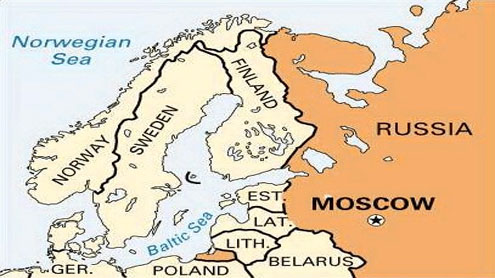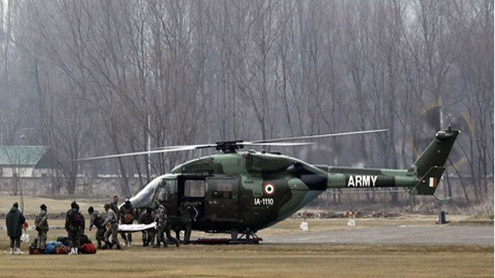 MOSCOW – There was no risk of a radiation leak after a fire broke out at a Moscow nuclear research centre housing a non-operational 60-year-old atomic reactor on Sunday, said officials, but Greenpeace Russia expressed serious concern about the incident.
MOSCOW – There was no risk of a radiation leak after a fire broke out at a Moscow nuclear research centre housing a non-operational 60-year-old atomic reactor on Sunday, said officials, but Greenpeace Russia expressed serious concern about the incident.
The fire broke out early on Sunday in a part of the Alikhanov Institute of Theoretical and Experimental Physics in southwestern Moscow that contains a research collider, institute officials said in a statement on its website.There were no radiation sources in the area of the collider, which had been shut off on Dec. 25, and no danger of a radiation leak, the statement said. It said personnel were evacuated and nobody was hurt.Grey smoke rose above the institute, which is encircled by a wall, and an acrid smell filled the air. Some 30 emergency vehicles, including fire trucks and ambulances, stood inside and outside the main gate, witnesses said.Several phone calls to the institute went unanswered.The fire was in a basement area, said Sergei Vlasov, spokesman for the Moscow branch of the Emergencies Ministry.
Sergei Novikov, spokesman for Russia’s state nuclear agency Rosatom, said there were no open flames, only smoke that came from an area housing power cables and could not affect any nuclear materials at the institute.‘This case poses no threat to fissile materials,’ said Novikov, adding firefighters were pumping foam into the affected area. He said the institute’s heavy-water research reactor was no longer operational.
SAFETY CONCERNS
A Greenpeace Russia official said the incident was potentially very dangerous.‘This is extremely dangerous … this should not have happened at all, but as long as it did, it shows there has been a major failure in their operations,’ said Ivan Blokov, campaign director at Greenpeace Russia.‘What we have here is a large amount of radioactive substance right in the centre of Moscow and even if a minor quantity leaks, it would pose a serious problem.’Russian news agencies issued conflicting reports.Interfax cited a police source as saying fire brigades were denied access to the facility for ‘a long time’ before being allowed in, but the institute said that was not the case.
It said the fire had not been extinguished as of 4:20 p.m. (1320 GMT). State-run RIA reported earlier the fire had already been put out.Safety at Russia’s nuclear facilities has been a concern since the deadly 1986 accident at the Chernobyl nuclear power plant in Ukraine, then a Soviet republic. The Soviet authorities did not announce that disaster for two days.A fire aboard a nuclear submarine in the north Russian port of Murmansk in December severely damaged the vessel, but authorities said radiation levels remained normal.Russia has suffered several accidents which observers say were the result of negligence and corruption, problems that have hindered modernisation of the civilian and military infrastructure.
The Moscow institute is named after its founder, Abram Alikhanov, one of the designers of the Soviet atom bomb, and houses the Soviet Union’s first heavy water reactor, designed in the late 1940s as part of dictator Josef Stalin’s programme to develop nuclear arms, according to its website. – Khaleejtimes.












